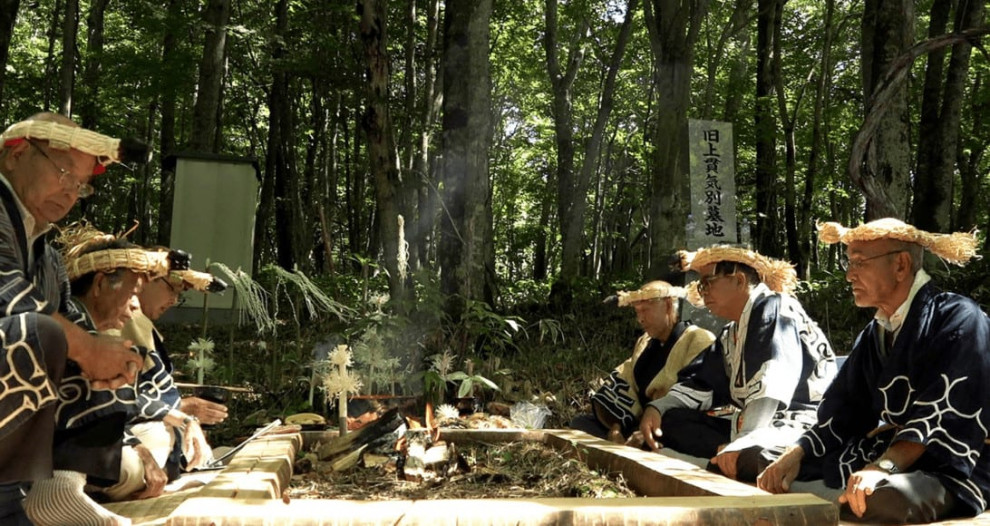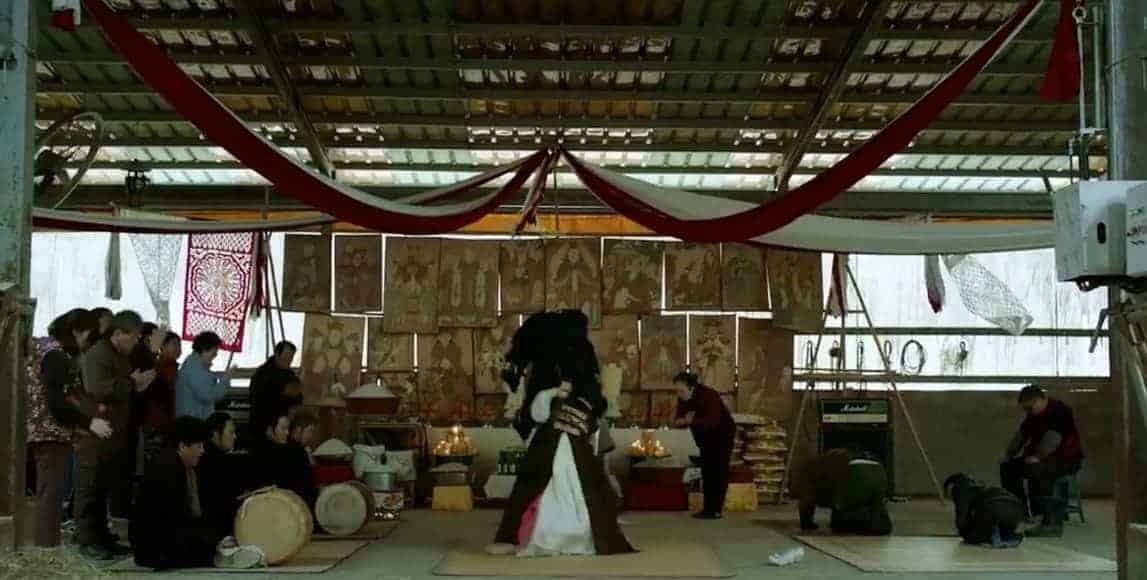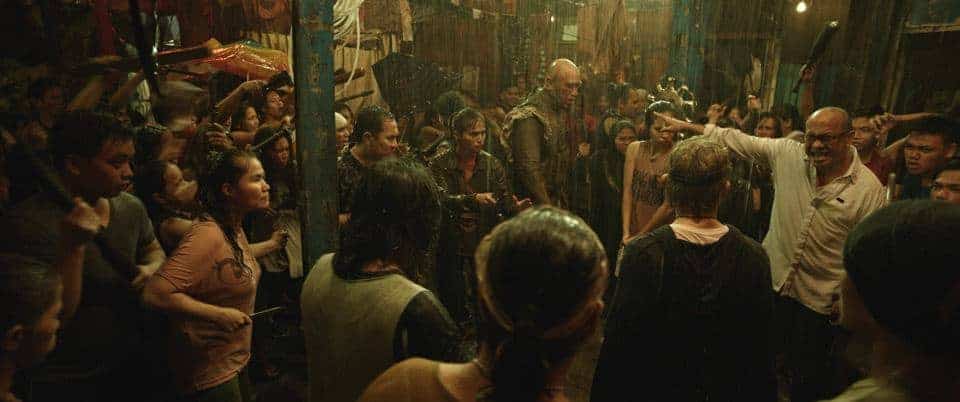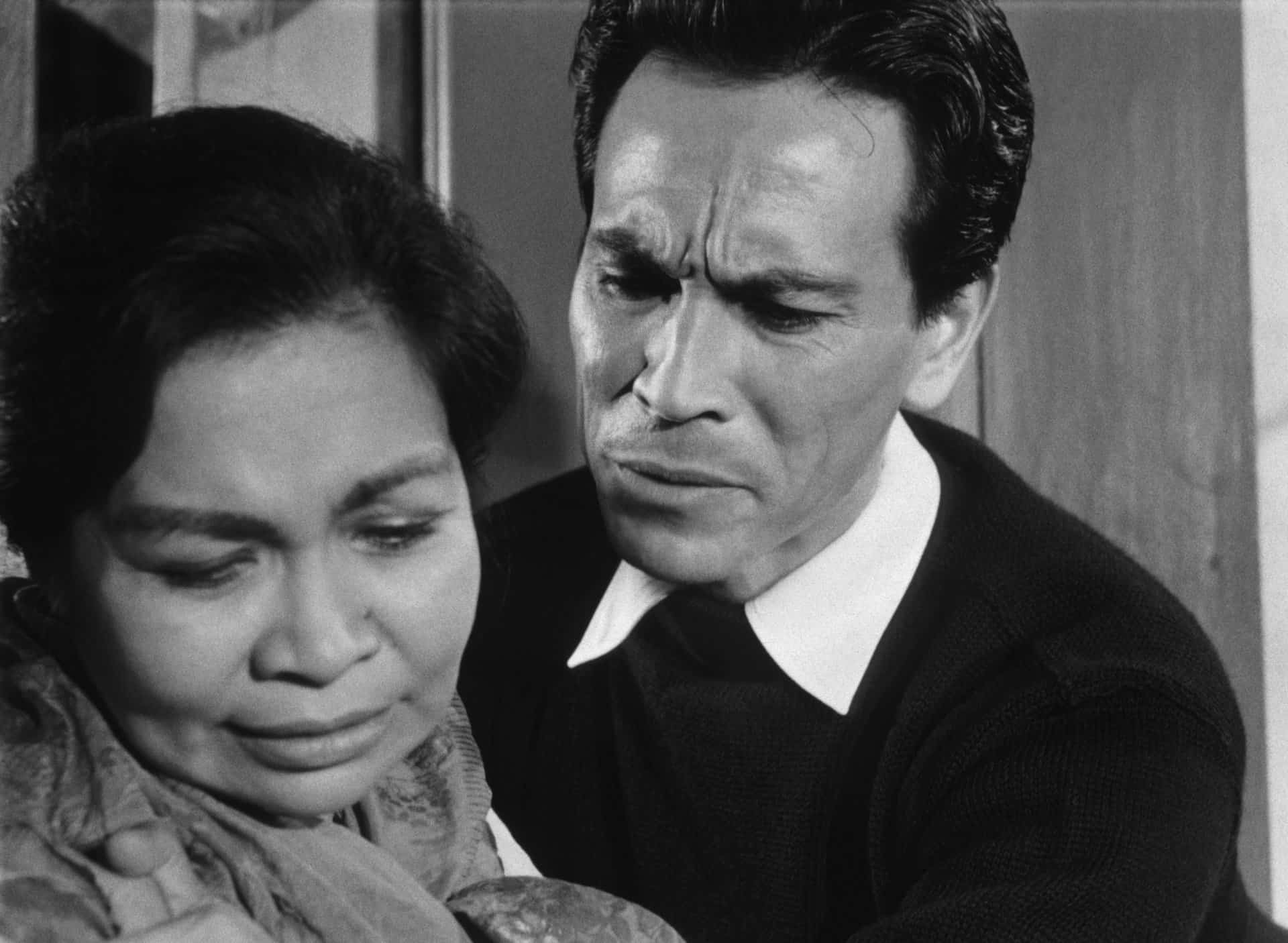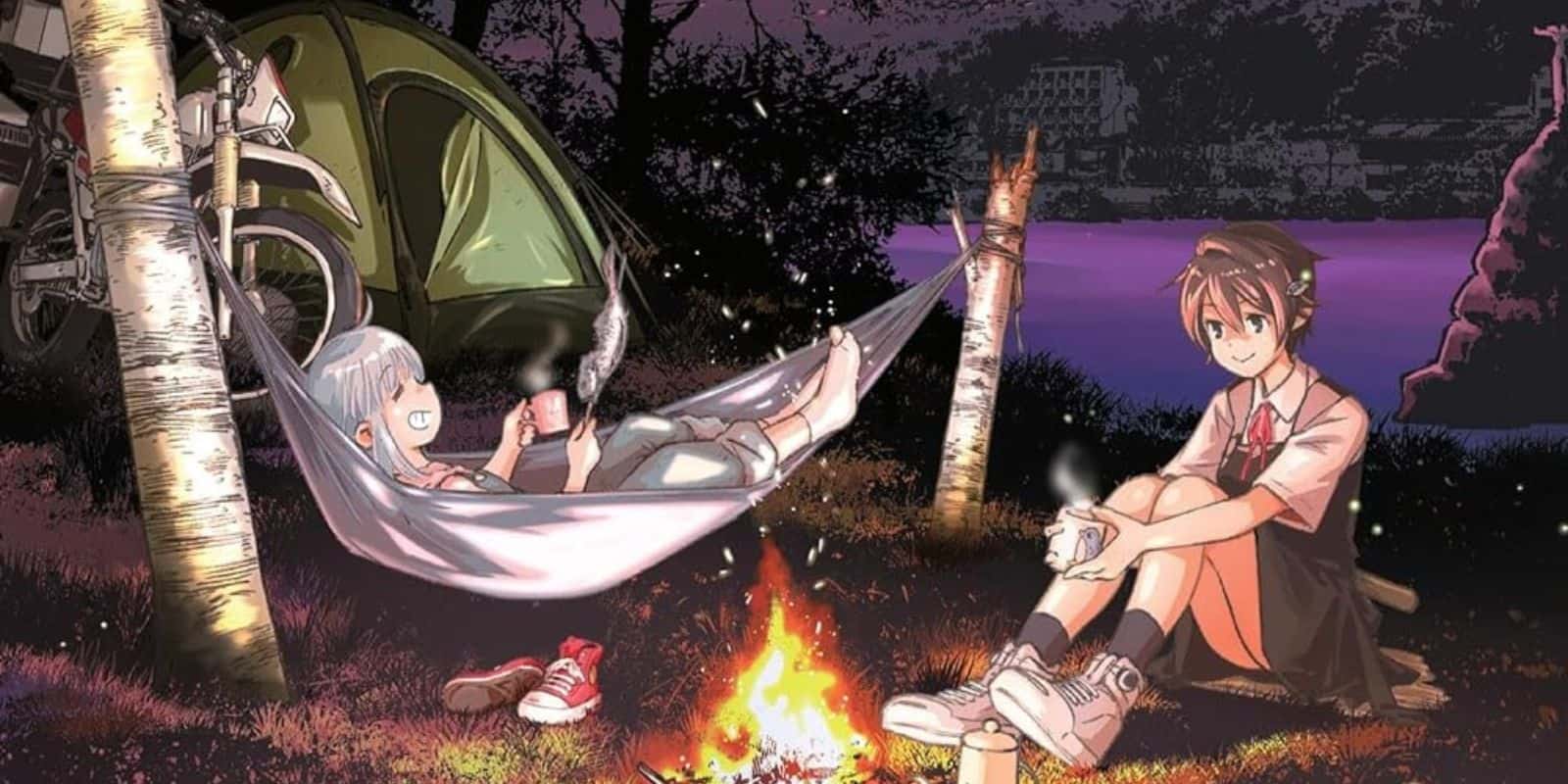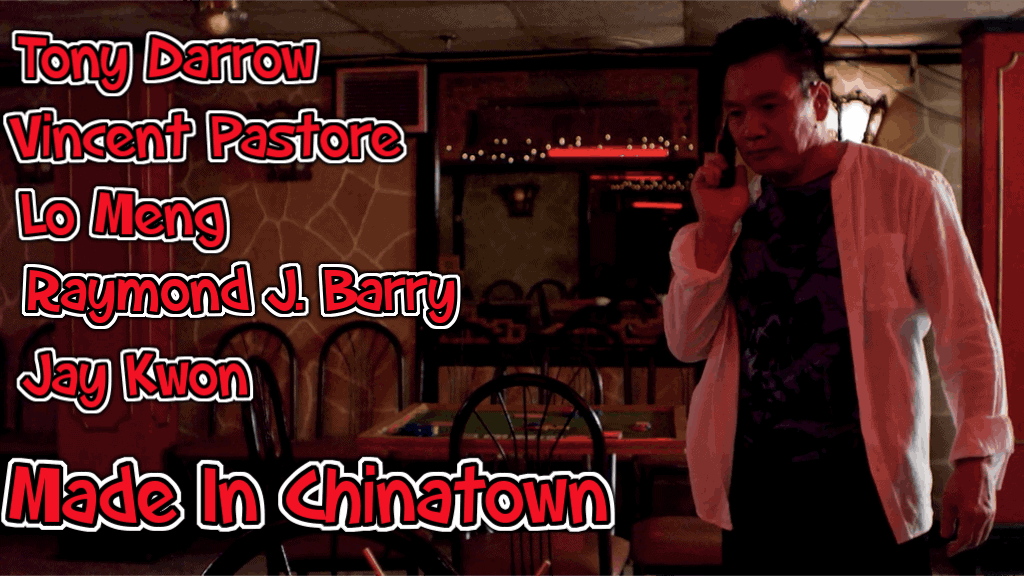Historically, the so-called modernization has, and continues to, brought the homogenization of nations, cultures, and languages, and together with it, the abrupt end of many indigenous communities and their traditional ways of life. The same happened to the Ainu people of Hokkaido, one of the northernmost islands of the Japanese archipelago, with the beginning of the country's modernization during the Meiji Restoration from the end of the 19th Century. As a result, these indigenous tribes got assimilated and displaced, leading to the almost complete loss of their traditional culture. That is, until a small number of Ainu from the Nibutani district of Hokkaido, centered around the late Shigeru Kayano, started to slowly collect and preserve different aspects of Ainu culture, creating language schools, publishing books, and founding a museum. Naomi Mizoguchi documents this in her documentary “Ainu: Indigenous People of Japan.”
“Ainu: Indigenous People of Japan” is screening at Nippon Connection 2020

The film follows the daily life of four Ainu elders, Kazunobu Kawanano, Reiko Kayano, Tamotsu Nabesawa, and Sachiko Kibata, each specializing in different aspects of Ainu culture. Ms. Kibata is fluent in Ainu language, while Ms. Kayano is a master of creating traditional Ainu clothing, and these four octogenarians have been working actively for the preservation of their culture for numerous decades as vital parts of the Ainu community in Nibutani district in Hokkaido, and leaders of the Nibutani Ainu Culture Museum, which also co-produced the film. Following them for a year and showing both some of their daily activities such as teaching Ainu language classes or sewing of traditional clothes, and their preparation of and participation in important festivals such as the canoe launching one, known as Cipsanke, the movie manages to introduce us to the culture of the tribe and the desire of a whole generation to reconnect with its past.
Naomi Mizoguchi directs, shoots, and edits a film that seems to tread the realms of ethnography and a more conventional type of documentary filmmaking. For example, many of the scenes in the movie entail traditional practices and ceremonies that contain quite detailed explanations in the form of subtitles, making the film a very good aid in the study of traditional Ainu culture and their practices. Yet, there are many other scenes, most notably the short and sometimes unnecessary nature interludes that bring the film closer to a TV documentary or even a promotional/educational video. This unevenness and uncertainty in the direction slightly hamper the experience of the film, as they leave the viewer confused as to the actual aims of the director.
The handheld camerawork and unobtrusive editing by Mizoguchi contain a good balance between what seems like impromptu interviews and musings, shots of nature, and snippets of Ainu rituals, performed by the four elders. Some of the shots are shaky, others have water on the lens, while a third seems to have the interviewee slightly out of focus. Yet, all of this works for the benefit of the documentary as it gives it a very strong sense of authenticity, rawness, even. This all manages to bring the four elders and their life's work much closer to the viewer and to make him empathize with their efforts for the preservation of their culture.
Yet, the feeling of authenticity that pervades the vast majority of the scenes evaporates as soon as the obnoxiously bubbly and ill-fitting soundtrack by Yasunobu Matsuo starts playing. By far the worst thing about the film, the music is too cheerful, loud, and cleanly produced that it disrupts the attention of the viewer and whisks him away from the city of Nibutani and the dignified world of the Ainu elders. The music also manages to remove the movie from the world of ethnographic film and move it more towards that of TV documentary, slightly cheapening it in the process…
Despite its lack of focus and a somewhat confused identity between an educational documentary, ethnographic film, and TV documentary, “Ainu: Indigenous People of Japan” is a very informative and interesting movie about the mission of a small group of elderly people to preserve and pass onto the next generations the culture of their ancestors.


